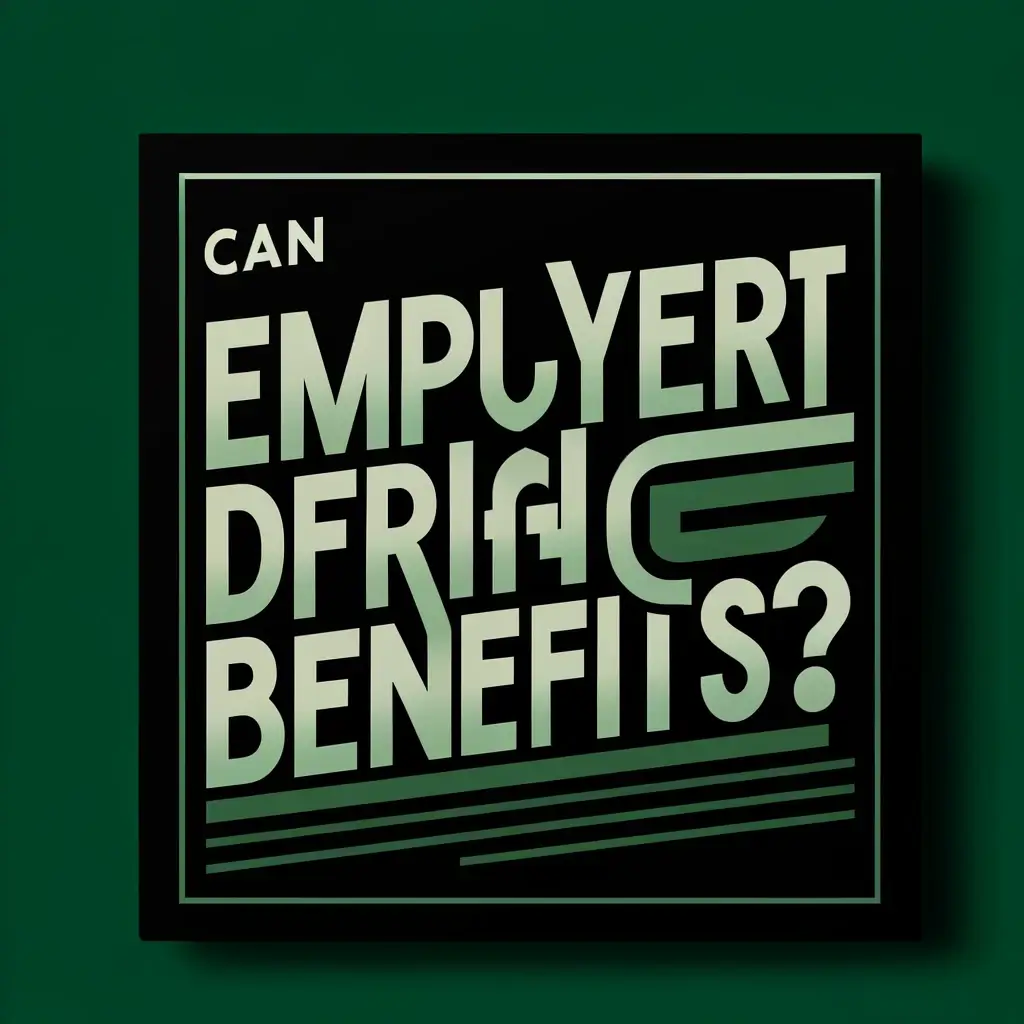Welcome back to the Carvo Insurance Group blog! Today, we’re tackling a topic that often creates confusion among both employers and employees: “Can employers deduct fringe benefits?” Understanding the rules and implications surrounding the deduction of fringe benefits is crucial for effective compensation management. Let’s explore this topic in our Q&A format to provide you with clear insights.
What Are Fringe Benefits?
Fringe benefits are additional compensations given to employees beyond their standard wages. These can include health insurance, retirement plans, educational assistance, and other non-cash benefits. While these benefits can add significant value to an employee’s total compensation package, their tax implications can be quite complex.
Can Employers Deduct Fringe Benefits?
- What does it mean for employers to deduct fringe benefits? For employers, deducting fringe benefits typically means accounting for these extras as business expenses, which can be deductible on their corporate tax returns. This can lead to substantial tax savings and is a common practice.
- Are all fringe benefits deductible by employers? Yes, most fringe benefits provided to employees are generally deductible by the employer as a business expense. This includes health insurance, employee educational assistance, and more. However, there are specific guidelines and limits for certain types of benefits.
Under What Conditions Can Fringe Benefits Be Deducted?
- Ordinary and Necessary: Benefits must be considered ordinary and necessary business expenses. This generally means they are common and accepted in your field of business and helpful for your business.
- Non-Discriminatory: Some fringe benefits must be provided under a plan that does not favor highly compensated employees. If they are found to be discriminatory, deductions for these benefits might be limited.
- Documentation and Compliance: Employers must maintain proper documentation and comply with relevant IRS guidelines and regulations to deduct these expenses effectively.
What Are the Implications for Employees?
- Taxable vs. Non-Taxable Benefits: Some fringe benefits can be taxable to the employee, depending on the type and the value of the benefit. For instance, personal use of a company car can be considered a taxable non-cash fringe benefit.
- Contribution Requirements: In some cases, employees may be required to contribute towards the cost of fringe benefits, such as health insurance premiums, which can affect their take-home pay.
How Can Employers and Employees Navigate Fringe Benefit Deductions?
For Employers: It’s crucial to consult with tax professionals to ensure all deductions are handled correctly and in compliance with tax laws. Regularly reviewing benefit offerings and their tax implications can also help maintain an attractive and competitive compensation package.
For Employees: Understanding which benefits are taxable and how they affect your overall income is important. Employees should also take advantage of employer-provided tax-advantaged benefits like 401(k) plans and health savings accounts (HSAs).
How Can Carvo Insurance Group Assist?
At Carvo Insurance Group, managing employee benefits is made easy with our instant online quotes, instant online binding, and instant online insurance proposals. We help businesses streamline their insurance processes and ensure their benefits packages are competitive and compliant with laws.
Call to Action
For an Instant Employer Benefits Insurance Quote, click here.


